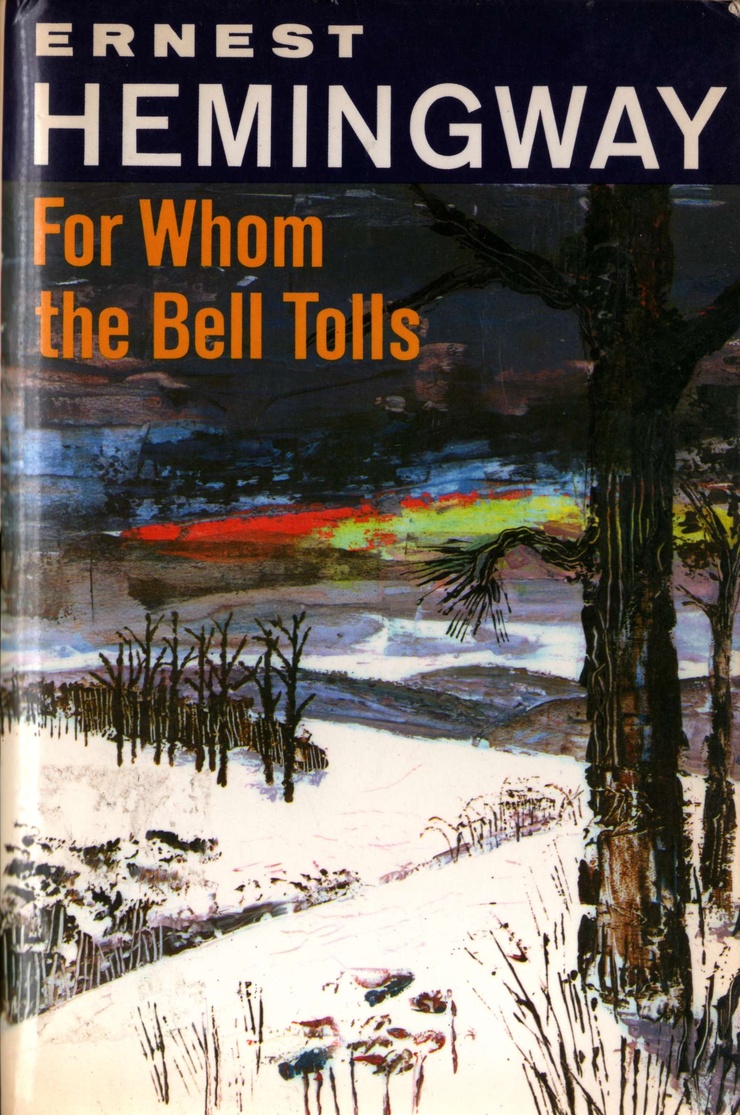

Consequently, one of the major conflicts in the novel involves Pablo's qualifications as a leader. This puts Pablo into a subservient position where he is no longer the spokesman or leader of the group. The guerilla leader resents the fact that a foreigner has come to tell him what to do.

The irony becomes obvious when this same cynicism is expressed by Pablo. The Russian general is interested in the offensive mainly as a military maneuver, and he is cynical because he knows that the Spanish will interfere. We see it first in the scene between Jordan and Golz in which they discuss the proposed attack. In Chapter 1, it is tied in with the cynicism of the people involved in the war. One of the major ideas in a large part of Hemingway's writing is the irony of life. Its importance in the psychological makeup of Robert Jordan will become more apparent in later chapters. This idea of "signs" and "luck" is simply introduced in this chapter, but it is developed to a much greater degree as the book moves on. The first theme which makes its appearance in the book is what might be called the theme of "mysticism-superstition." Robert Jordan thinks that it is a "bad sign" that he has forgotten Anselmo's name. Second, though in recent years communism has adopted a "soft" policy toward religion, in the communism of the Spanish Civil War religion was completely done away with.
-cover.jpg)

Within a month after its beginning, Russia on the one hand and Germany and Italy on the other were using it as a training and testing ground for their men, techniques, and equipment. First, that the war was a completely undisguised war between communism and fascism. Before we examine the themes which make their appearance in this section, certain facts about the bitterly fought Spanish Civil War should be explained. Hemingway develops several themes in the course of For Whom the Bell Tolls.


 0 kommentar(er)
0 kommentar(er)
